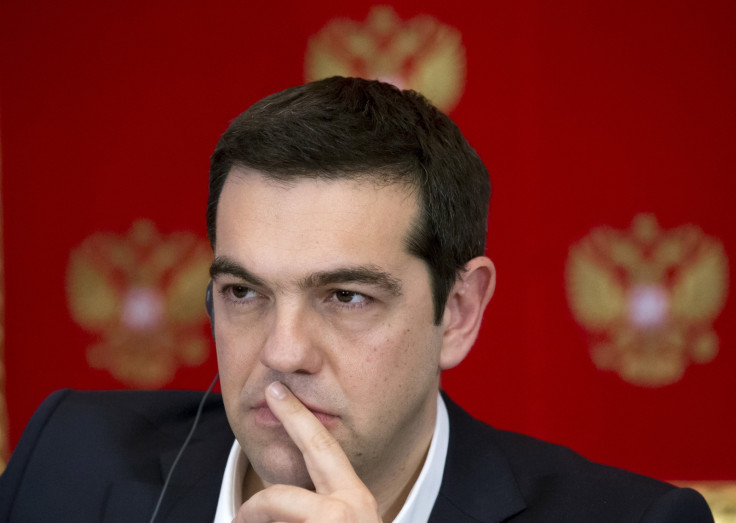Syriza is out of its depth and Greece's financial sector is utterly disappointed
The biggest risk for Greece, after the financial turmoil it has managed to sink into, is social division. The private sector versus public servants, pensioners and the unemployed. The former pay the bills, the latter enjoy; some justifiably, some infuriatingly.
This is what the Greek government and its European partners must tackle. This is as serious as can be and this country has recent memories of a bloody civil war. Syriza, as expected by some, has cornered itself.

Europeans rightfully wonder why they should pay Greek salaries and pensions, especially austerity veterans such as Portugal, Ireland and near bankrupt Cyprus.
Many neglect to realise that it is all of the Eurozone nations, plus member countries of the IMF, who rescued Greece, kept paying the bills for years and in some examples with a lower interest charged on the country than what they themselves are borrowing.
Why keep paying the Greeks? Everybody else made it.
The Greeks find themselves queuing for pocket money at ATMs and quarrelling over a bottle of milk at the supermarket. The last time this happened was during the Imia crisis with Turkey, back in the 1990s.
They think Europe is unreasonable, this is the heart of the financial problem. The majority of Greeks are persuaded that austerity failed. Unable to interpret some spectacular macro indicators, unprecedented in the history of the country, with politicians equally unable to explain their importance for the future, Greeks want their old ways. This is not everybody but enough to keep Syriza in power.
The government has outplayed its hand even in the personality front. Arrogance, informality, inconsistency, ignorance, publicity stunts. Some think you can not let boys do men's work, yet here we are.
Saturday morning everybody was on the phone discussing what's going to happen. The minister for finances stated, up until Sunday night, that no capital controls are required and that banks will open normally.
People working in the financial sector were afraid of riots in bank branches. Fortunately, he conceded and kept the banks closed. Then, on Monday, the prime minister declared pensions are guaranteed. The second largest pension fund admitted today they can not pay July in full due to lack of funds.
Government woe or clever ploy?
Is the government really out of its depth? Does it know what it is doing? Or is this a stunt to take the country back to the drachma, all under a diabolical plan?
Bankers, brokers and managers are drawing up the different scenarios and they are all near dead ends. Banks are out of money. The Target2 interbank payment system is down. No foreign payments, no cash. No stockmarket. What will it take to get things back to normal?
A solid deal, a strong parliamentary vote on the new deal (to complete the old programme) and strict compliance to the programme are required. Can this government deliver the goods? Will it implement the measures?

If all works perfectly, the European Central Bank will start injecting some money by the end of next week, people will at least be able to afford food.
It looks like it will take weeks or months before commerce resumes, the stock market opens and foreign commercial partners commence considering credit lines.
There have been rumours a deal may be struck tonight (30 June) or at least before Sunday's referendum. This is the best case scenario.
Voting no, Greece goes bankrupt, lives with severe capital controls (basically on cash in circulation and IOUs) for months before a new currency is introduced and life changes for generations to come.
Voting yes, the government will probably resign, another 20 days until elections, a week for the new government to form, a week for a new deal to be agreed upon and passed through parliaments and then gradual injections from the ECB for the coming months.
The financial world in Greece is utterly disappointed. We have made all this effort, for many years, to integrate with Europe and now everything is suspended. Worse still, it could all go to waste.
Whatever happens with the economy, I only hope we don't become divided.
George Politis is CEO of Capital Securities, an Athens-based brokerage, asset management and investment firm. He has over twenty years experience working in the Greek financial and shipping sectors. He is a Solent University graduate on Logistics and completed an MSc in Cardiff on International Transport and an MSc in City University on Shipping, Trade and Finance.
© Copyright IBTimes 2025. All rights reserved.






















